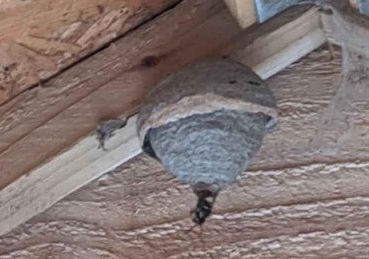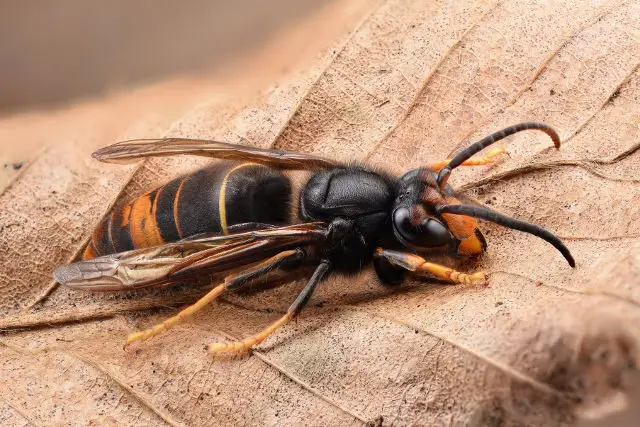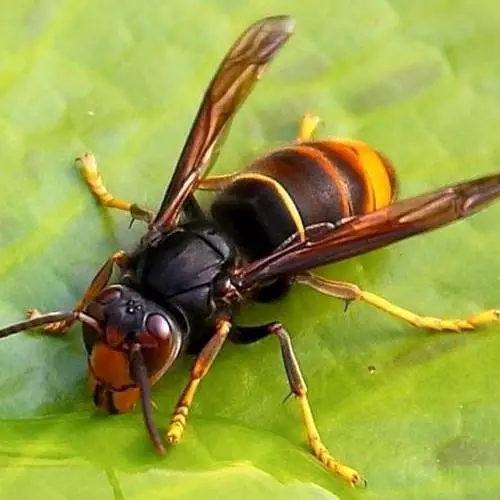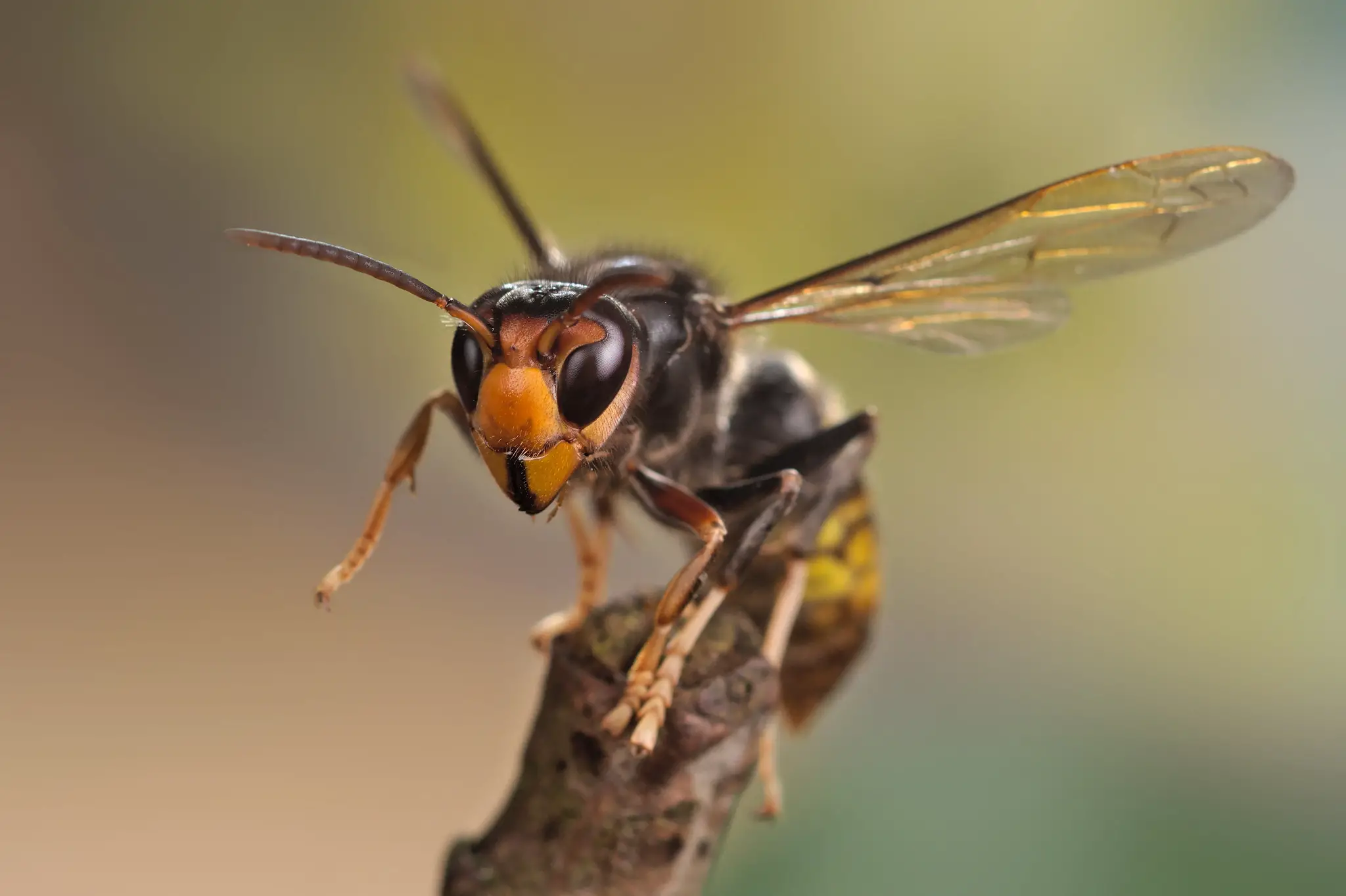Where the Isle of Wight leads, Britain follows.
If you listen to the national news you may have heard this morning an item about mainland fears of invading Asian Hornets.
According to the British Beekeepers Association,
“A small nest of hornets in an outbuilding in Monmouthshire has been destroyed but Defra have not confirmed that it was an Asian Hornet nest.”

Keep your eyes peeled
As has been reported by News OnTheWight over several years, Beekeepers on the Island have been staying vigilant and keeping their eyes peeled for this deadly interloper.
Last year the fight against the Asian Hornet was pretty much lost in Jersey. Many colonies (3,000 Asian Hornets in each), decimated Jersey’s Bee population – each Hornet with the appetite to eat up to 50 Honey Bees in a single day.
Report any sightings
It is crucial that members of the public report any possible sightings so that experts can take quick and effective action to eradicate Asian hornets.

It’s important that people understand the difference between the two, because if you do see an Asian Hornet you need to report it immediately and a team will be dispatched to the Island.
Know the difference
Asian hornets have a dark brown or black velvety body, a yellow or orange band on fourth segment of their abdomen, yellow tipped legs are smaller than the native European hornet (no risk and several colonies already known about on the Island), which is not a threat. They are not active at night.

If you believe you’ve seen an Asian Hornet, please try to take a photograph of it and email [email protected] with the exact location.
Find out more and stay up to date with the latest via the Isle of Wight – Asian Hornet Watch Facebook Page.
Article edit
9.20am 4th June 2020 – Reference to Asian Hornet nest find added





